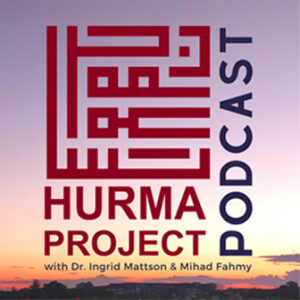The practice of hurma can be seen in the stories we have in the Qur’an. In verses 23 and 24 from surah Al-Qasas, the 28th chapter of the Qur’an, we learn about Prophet Musa’s (as) encounter at the well during his escape from Madyan.
23. And when he came to the well of Madyan, he found there a crowd of people watering [their flocks], and he found aside from them two women driving back [their flocks]. He said, “What is your circumstance?” They said, “We do not water until the shepherds dispatch [their flocks]; and our father is an old man.”
24. So he watered [their flocks] for them; then he went back to the shade and said, “My Lord, indeed I am, for whatever good You would send down to me, in need.
What we first learn is that Musa (as) noticed the people who were not watering their flock, the women. He didn’t go into the situation and impose his own view of what we thought was best, nor did he do more than he was able to. He asked the the women about their circumstance. He first understood the situation before doing anything. Then, after understanding the situation, Musa (as) did what was in his power to address the womens’ circumstance. He then removed himself from the situation after he assisted the women.
What this means for us?
- We should work to determine what capacity you have to address a situation that seems unjust.
- We should identify what the challenge or problem is in a situation.
- We should observant and notice who is being excluded or is being harmed in a situation.
- We should consider if we need to remain involved in the situation once we have done what is in our capacity.





